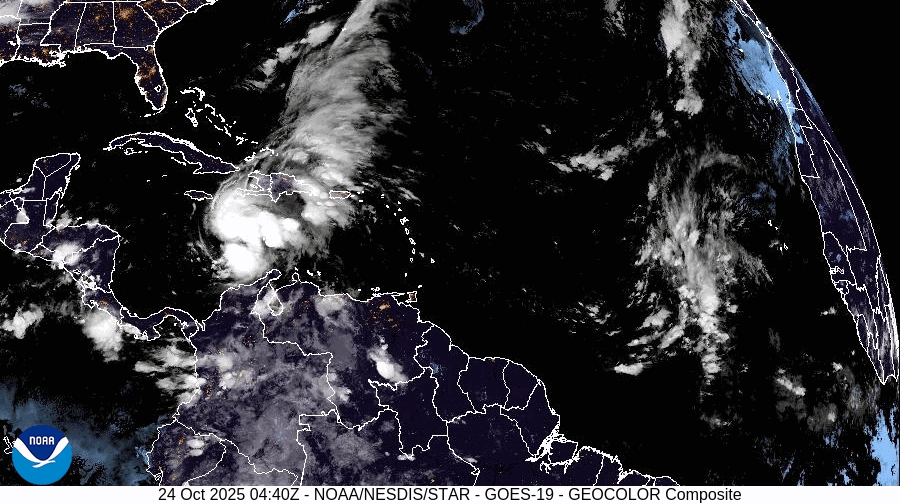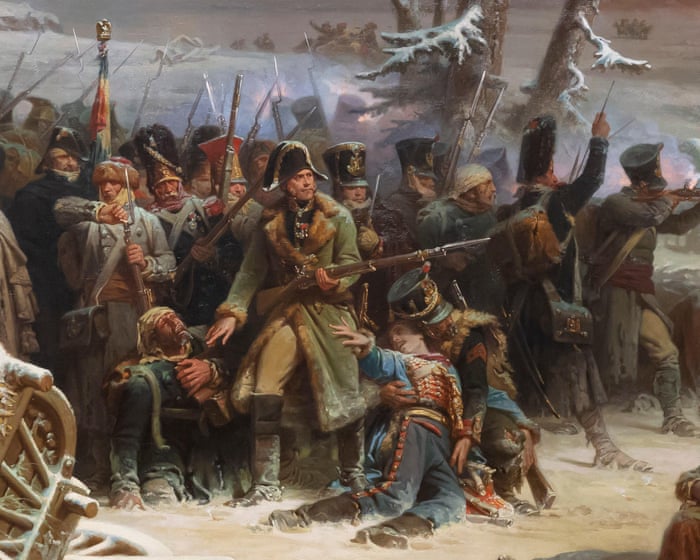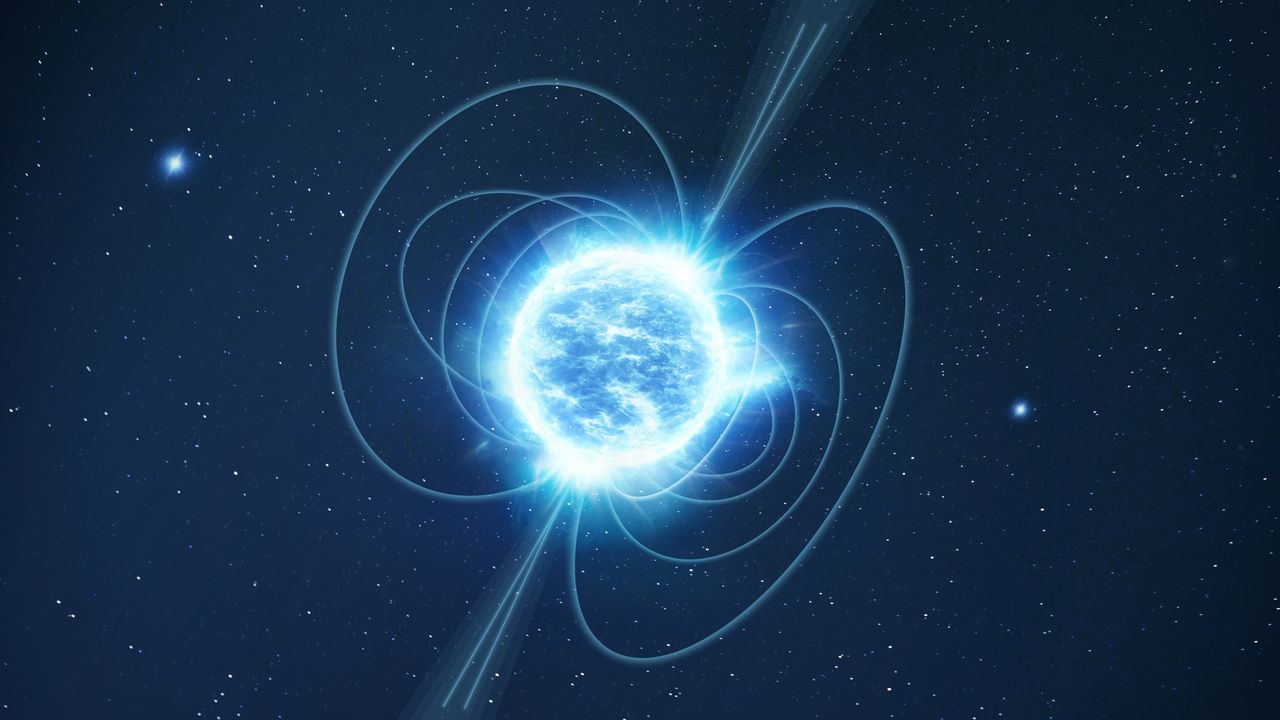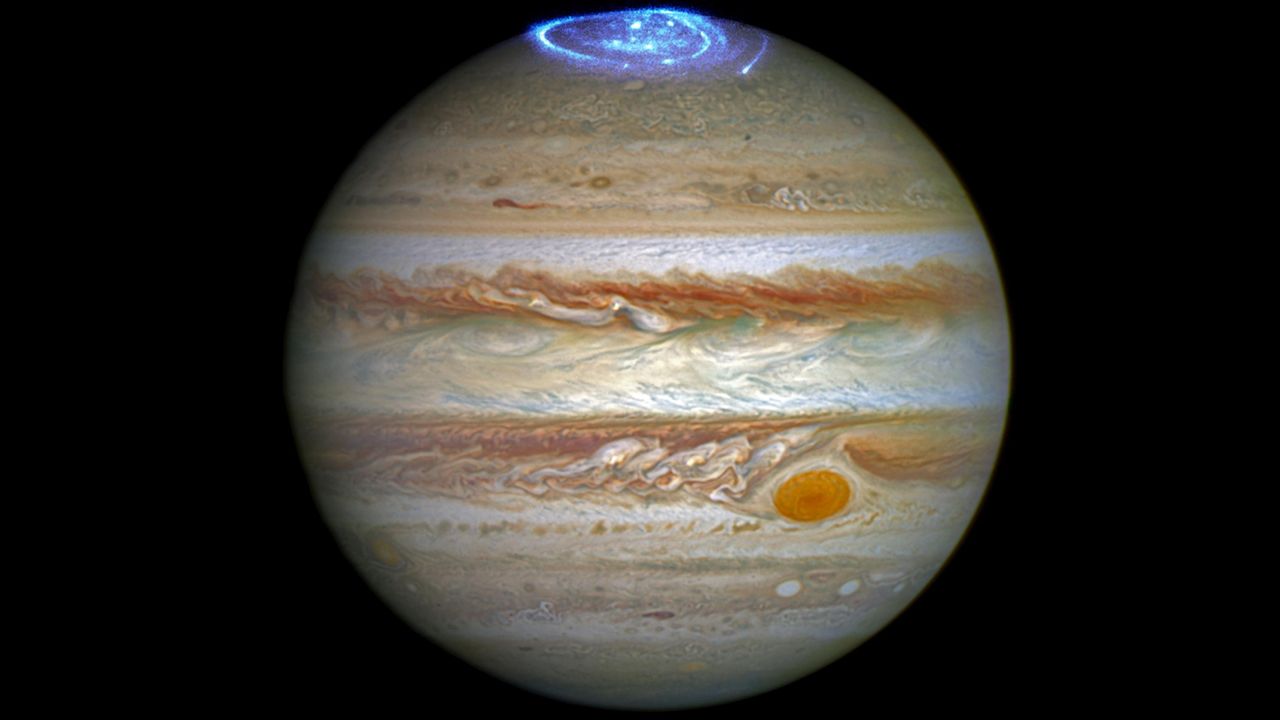Tropical Storm Melissa puts Caribbean's most flood-vulnerable places at risk
NegativeScience
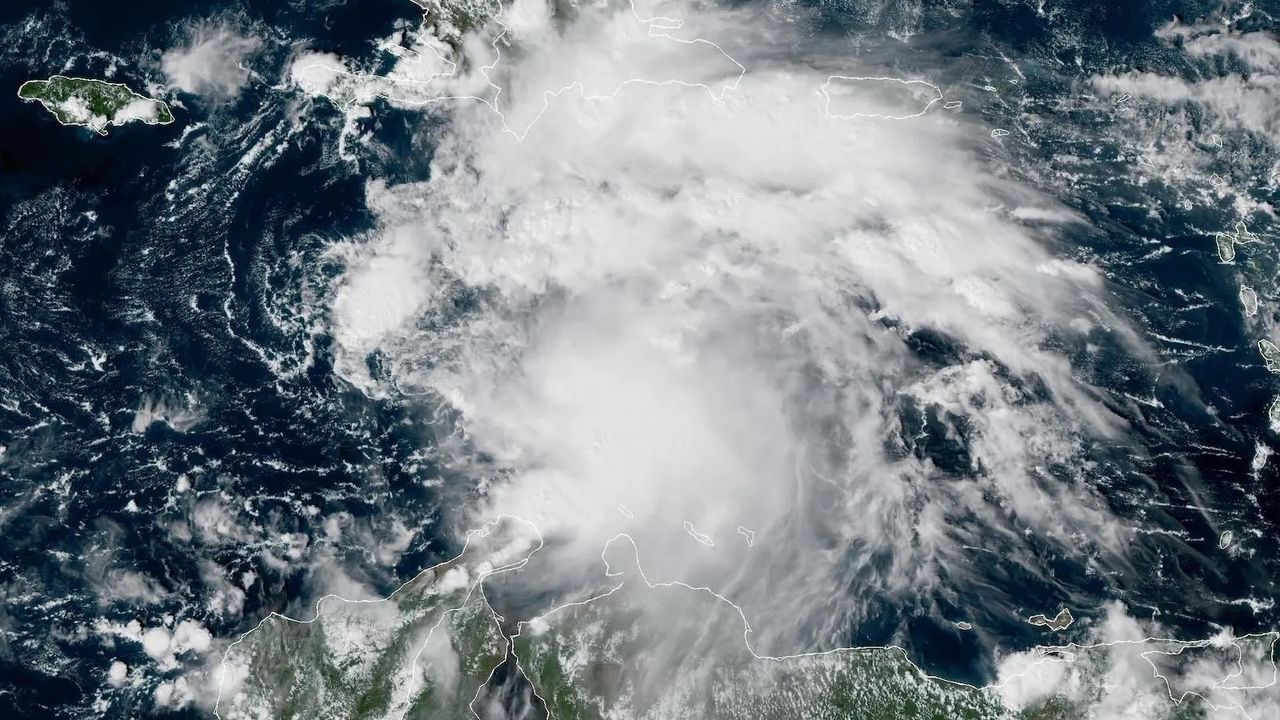
Tropical Storm Melissa poses a significant threat to the Caribbean, with the potential for heavy rains and life-threatening flooding in vulnerable areas. As the storm's path remains uncertain, residents and authorities are on high alert, emphasizing the importance of preparedness in the face of natural disasters.
— Curated by the World Pulse Now AI Editorial System
